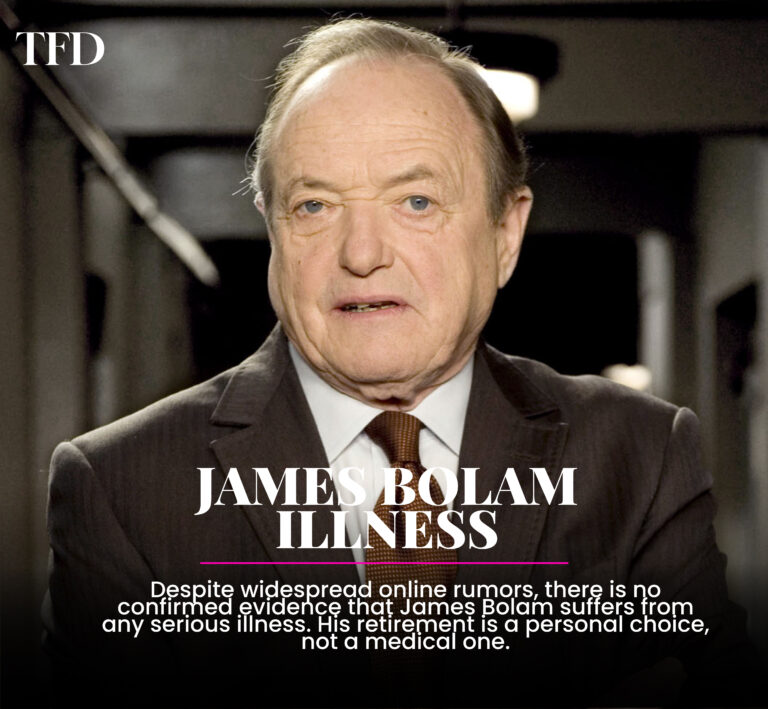Tooth pain can be one of the most unbearable experiences, often caused by nerve irritation or infection. Many people desperately look for quick fixes that promise to kill tooth pain nerve in 3 seconds permanently. But is such a fast and permanent solution really possible? In this article, we’ll explore the truth behind this popular claim and offer practical advice for managing tooth pain effectively.
Understanding Tooth Pain and Nerve Involvement
Tooth pain often originates from inflammation or damage to the nerves inside the tooth, specifically the dental pulp. This pulp contains nerves and blood vessels that react to stimuli such as decay, infection, trauma, or gum disease. When irritated, these nerves send sharp pain signals to the brain.
Because nerve pain can be intense, many seek methods to kill tooth pain nerve in 3 seconds permanently. However, the human body and dental conditions are complex, and there is no instant miracle cure that safely and permanently stops tooth nerve pain in such a short time.
Why the Claim to Kill Tooth Pain Nerve in 3 Seconds Permanently is Misleading
The idea to kill tooth pain nerve in 3 seconds permanently is often propagated through viral videos, social media, and unverified home remedies. While some methods may provide temporary relief, none can safely and permanently stop tooth nerve pain instantly without professional intervention.
Here’s why:
-
Nerve pain is caused by underlying dental issues such as decay, infection, or injury. Simply “killing” the nerve without treating these problems won’t solve the root cause.
-
Instant remedies are often unsafe and may lead to complications or worsening of the condition.
-
Permanent relief requires proper dental treatment, such as root canal therapy or tooth extraction, which cannot be performed in 3 seconds.
Temporary Ways to Manage Tooth Pain
Though it’s impossible to truly kill tooth pain nerve in 3 seconds permanently, there are some methods to alleviate pain temporarily:
1. Over-the-Counter Painkillers
Ibuprofen or acetaminophen can reduce inflammation and numb pain temporarily.
2. Cold Compress
Applying a cold compress on the cheek near the affected tooth can reduce swelling and numb the area.
3. Salt Water Rinse
Rinsing with warm salt water can help cleanse the area and reduce irritation.
4. Clove Oil
Clove oil contains eugenol, a natural anesthetic that can numb nerve pain temporarily when applied carefully.
Professional Treatments to Kill Tooth Pain Nerve Permanently
If you want to kill tooth pain nerve in 3 seconds permanently, the reality is that professional dental procedures are necessary:
Root Canal Therapy
This treatment involves removing the infected or inflamed pulp (nerve) inside the tooth, cleaning the canals, and sealing them. It effectively kills the tooth pain nerve permanently by eliminating the source of pain.
Tooth Extraction
In cases where the tooth cannot be saved, extraction removes the tooth and the associated nerve, permanently ending the pain.
Other Dental Procedures
Depending on the cause, procedures like fillings, crowns, or gum treatments may relieve nerve irritation and prevent pain.
Why You Should Avoid DIY or Quick Fixes
Trying to kill tooth pain nerve in 3 seconds permanently with home remedies or unproven methods can be dangerous. Risks include:
-
Worsening infection or abscess
-
Tooth loss or damage to surrounding tissue
-
Delayed proper treatment leading to complications
Always consult a licensed dentist for tooth pain. They can diagnose the cause and provide safe, effective treatment options.
Final Thoughts
While the idea to kill tooth pain nerve in 3 seconds permanently is appealing, it’s unfortunately not realistic without professional dental care. Temporary relief methods can help you manage pain until you see a dentist. The best way to permanently stop tooth nerve pain is to address the underlying problem with expert treatment.
If you’re suffering from persistent tooth pain, don’t wait—schedule an appointment with your dentist today. Quick, safe, and permanent relief is possible, but it requires proper care, not quick fixes.











